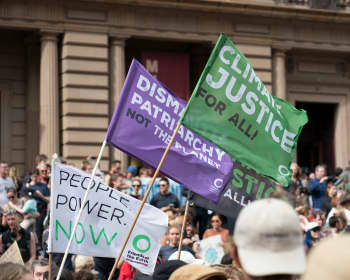Fossil fuel phase-out is crucial to limit global warming
UCL research is guiding the phase-out of fossil fuels, estimating 60% of oil and gas and 90% of coal reserves need to remain in the ground
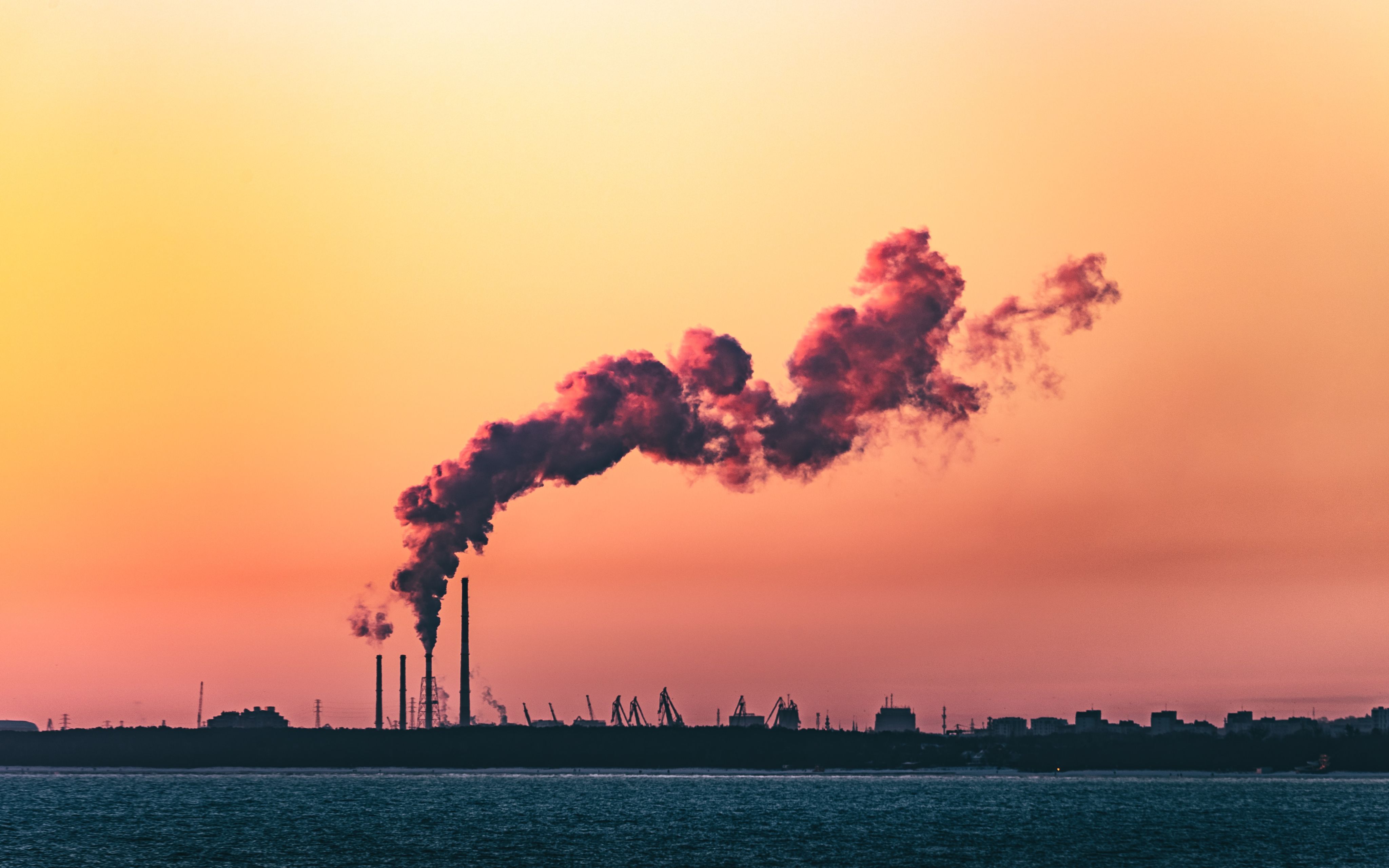
‘Unextractable fossil fuels in a 1.5°C world’ was published in Nature on 8th September 2021. Written by Dan Welsby, James Price, Steve Pye and Paul Ekins, the impact of this research paper reverberated far beyond the scientific community.
Using energy systems modelling, the paper sets out a viable path to phasing out fossil fuels in line with the 2015 Paris Agreement, and produces estimates of what fossil fuels must remain in the ground to achieve this global climate target.
It showed that almost 60% of known global reserves of oil and gas and 90% of coal reserves need to remain unextracted, just to give us a 50/50 chance of stopping global average temperatures rising above 1.5°C.
“60% of known global reserves of oil and gas and 90% of coal reserves need to remain in the ground, just to give us a 50/50 chance of stopping global average temperatures rising above 1.5°C”

This important research, a collaboration between the UCL Energy Institute and the UCL Institute for Sustainable Resources, was one of the most widely reported climate papers in 2021. Since publication, it has resulted in more than 500 news reports and articles in the international press, including in-depth features from The Guardian, the BBC, CNN, Associated Press and New Scientist.
The paper has also played a significant role in informing the political debate around the UK’s own transition away from oil and gas. The researchers published an additional policy brief, which they submitted to the UK Government’s consultation on a proposed ‘climate compatibility checkpoint’ - an attempt to resolve the conflict between UK net zero commitments and further exploitation of North Sea oil and gas.
They argued that the checkpoint would need to “explicitly identify which projects elsewhere in the world would not produce in order to truly align new fossil fuel production in the UK with global climate targets.” This policy brief also fed into a parliamentary select committee enquiry on the transition away from fossil fuels.
The paper prompted a high level of scrutiny and engagement with the modelling methodology used, including public Twitter discussion and comment from Greta Thunberg and other prominent activists.
Much was made of the inclusion of speculative carbon capture technologies at scale, and the precarity of a global fossil fuel phase out that would still leave humanity with only a 50% chance of keeping temperatures at or below 1.5°C. Both issues were specifically highlighted in the paper by the authors.
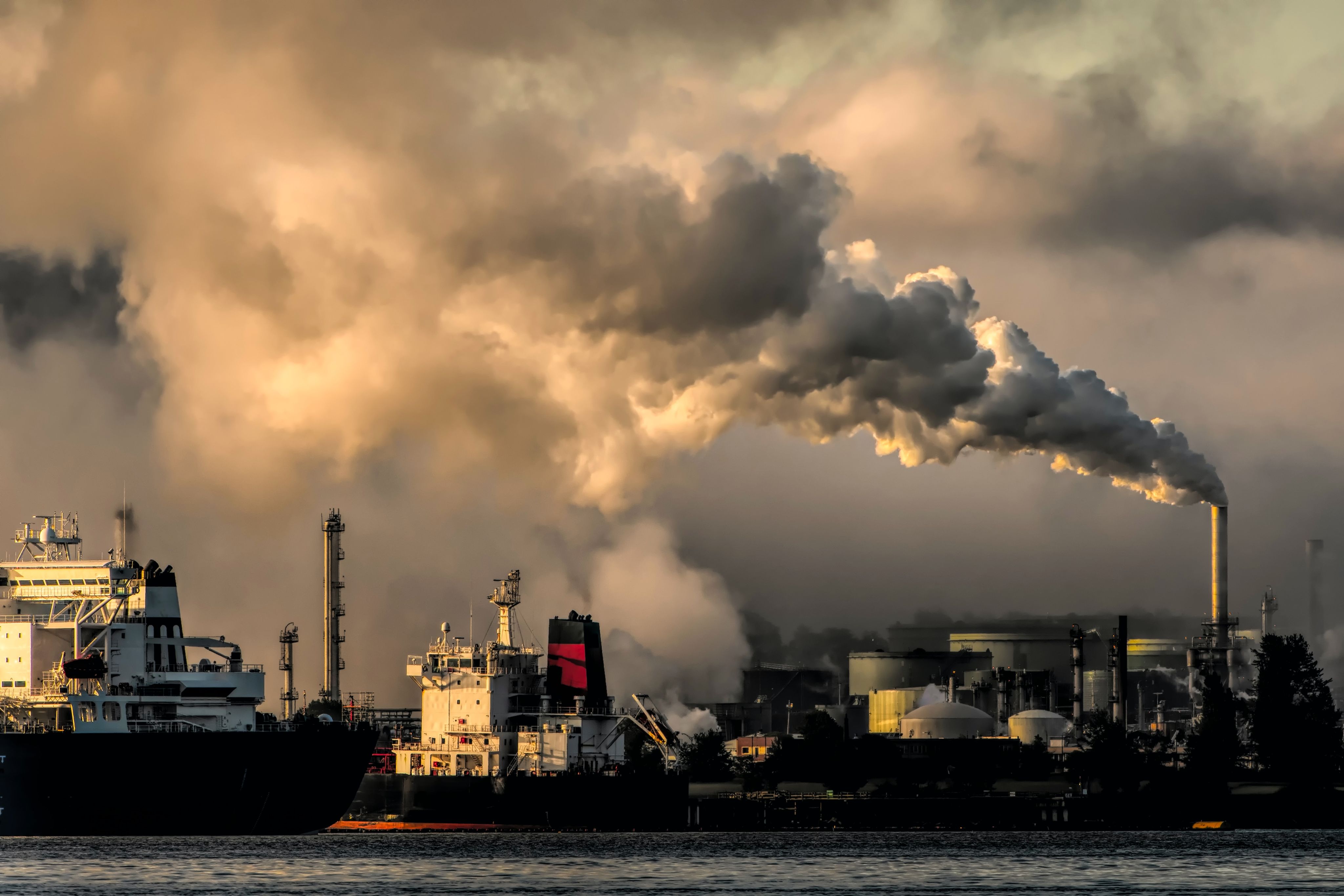
Driving climate ambition with 1.5°C
One of the paper’s lead authors, Dr Steve Pye from the UCL Energy Institute, explains: “Our model simply couldn’t be pushed to a greater chance of achieving the 1.5°C target. It was already at its limit, given our projections of energy demand in the near future.”
“It’s increasingly a very difficult target to meet. We have basically reached the point where modelling energy transition pathways to limit climate change to 1.5°C is no longer a valid thing to do because essentially, we’ve run out of time. We are now going to be talking about at best a 50% probability of meeting 1.7°C or 1.8°C.
“There’s going to be this slippage, a moving of the goalposts, if you like, because the modelling community can’t produce any sensible pathways to a world where warming is limited to 1.5°C.”
However, Steve points out that the 1.5°C target has still been of critical importance in helping to inspire a greater level of ambition and response to climate change from governments and policymakers round the world.
“The IPCC Special Report in 2018 was really the catalyst for lots of governments to implement net zero targets by 2050. It really reshaped the agenda – as a result here in the UK, we went from an 80% reduction target for 2050 to a net zero target.”
Finding the fairest phase out
The pathways detailed in the paper, whilst providing crucial insights on the phase out of fossil fuels, make two important assumptions. Firstly, that any phase out will occur based on market fundamentals, with the least cost producer being the last producer standing, and secondly, that the phase out will be managed and co-ordinated, minimising economic harm and disruption.
The first assumption avoids consideration of equity issues, which are crucial to fair and just climate action.
A country such as Iraq is highly dependent on oil revenues for supporting government budgets and public expenditure. This means that their capacity to transition is lower than other, less fossil fuel-dependent and higher-income country producers, and this should be factored into the rate of production phase out. Issues like this were considered in an earlier paper in 2020 by the same author team, titled ‘An equitable redistribution of unburnable carbon’. Commenting on this issue,
Steve says: “There are big equity questions. Given the need to phase out fossil fuels, what does that mean for different countries? For example, developed countries have benefited so much from the profits they’ve accrued as producers, and the fossil fuels they’ve consumed to drive their development, so shouldn’t their phase out be faster?
“Our paper said, basically, that lower income countries should be financially supported to help transition away from fossil fuel consumption and production. The risk of not transitioning is further lock-in to a market that will be shrinking, and potentially missed opportunities for clean investment.
“Finding equity through fossil fuel production itself is not the best way – it would be better to provide financial support and incentives for countries not to have to go down the fossil fuel route.”
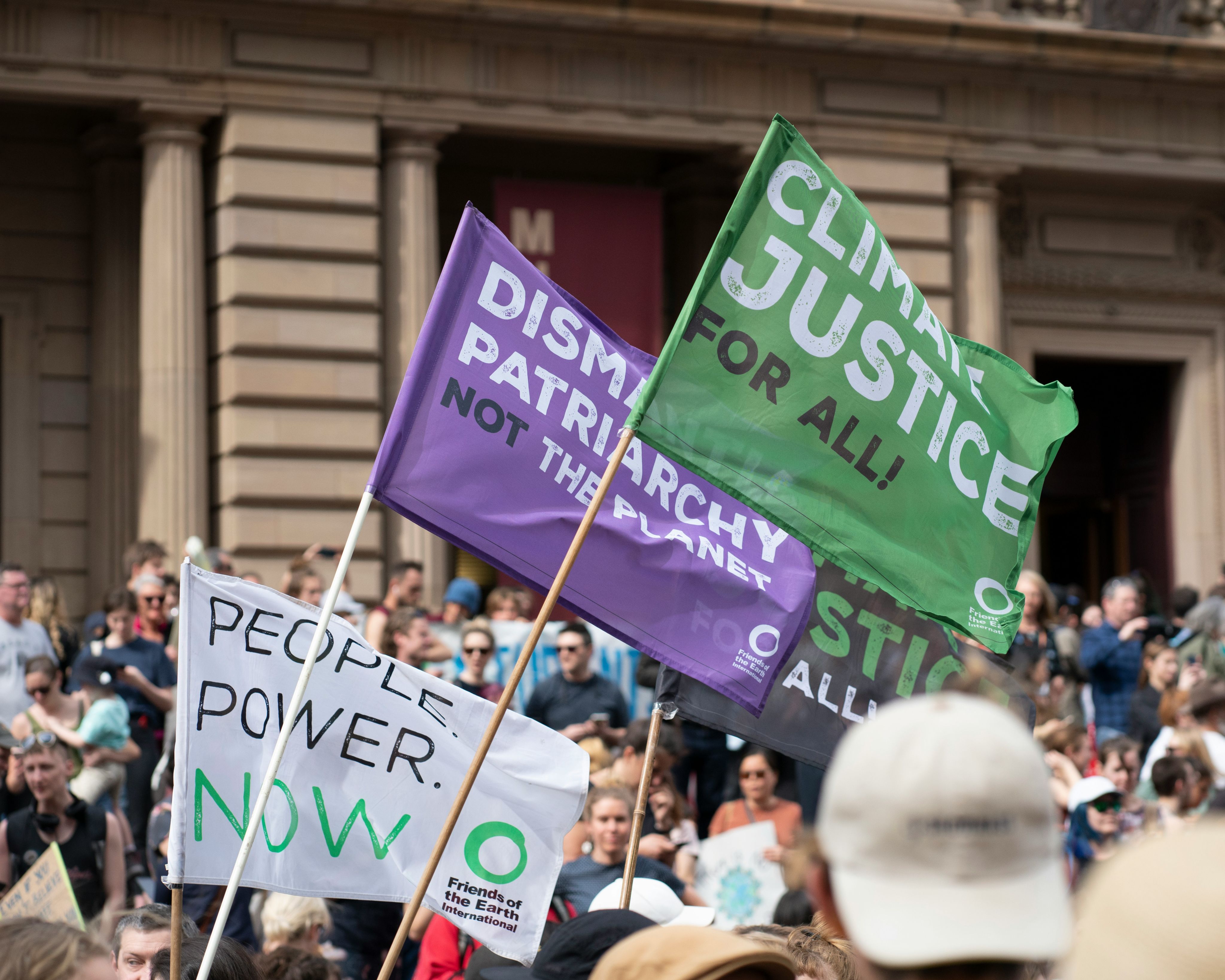
A future staked on carbon dioxide removal
One of the biggest challenges involved in implementing the phase out recommendations comes from the pathway’s reliance on carbon dioxide removal (CDR) which, while moderate compared with other 1.5°C pathways, is still significant.
CDR is a set of options for removing carbon dioxide directly from the atmosphere, either through nature-based solutions such as planting forests, or through engineering approaches such as Direct Air Capture (DAC), a large machine that sucks carbon dioxide out of the atmosphere.
James Price, co-author on the paper, says “CDR remains a hugely contentious topic. At the moment, most of the CDR technologies aren’t commercialised. They haven’t been scaled, and they’re very, very expensive and often come with wider concerns about their impact on society and the environment.
“There are also big questions about how you incentivise the scaling up of genuinely sustainable CDR – particularly if that option doesn’t derive any commercial benefit apart from getting rid of CO2, and how you measure and verify removals.
“We included a caveat in the paper, to point out that our analysis is problematic in the sense that we’re potentially overselling humanity's capability to remove carbon from the air. This is a problem which we recognise. Our conclusion was that, given the uncertainty and risks of relying on these technologies to meet our climate goals, our estimates of how fast fossil fuels need to be phased out should be considered as being at the low end of what actually needs to happen.”
The work to assess the outsized role of CDR in climate scenarios is well underway, however – Steve's recent article in ‘The Conversation’ draws on research involving UCL showing how gas phase out will need to be doubled in the event that CDR fails to meet the needs of net zero ambitions.

Making the case for supply-side policy measures
Steve hopes that research at the UCL Energy Institute can also inform the role that policy measures can have on reducing fossil fuel production at source.
“In terms of policy impact, we also need to focus on how to disincentivise production in the first place, rather than just trying to disincentivise demand for fossil fuels.
“This would be through measures like removing tax breaks for investors in the oil and gas sector, or the UK government stopping the licensing of oil and gas exploration in the North Sea.”
Supply-side policy measures like this are important to complement demand-side measures focused on disincentivising fossil fuel consumption or promoting the use of clean energy. As with most areas of the economy, supply- and demand-side policies are used in combination.
However, the use of supply focused policy for fossil fuels needs to be handled with care.
“One of the arguments we’re trying to make is for a managed decline – so we can transition in an orderly fashion, without lots of market volatility and price spikes that could be quite disruptive.
“The implications of that disruption for consumers aren’t good – as we saw through the war in Ukraine and the resulting Russian supply crisis.”
Government policy isn’t the only way that UCL Energy Institute’s work can make a difference to supply-side fossil fuel phase out efforts. Steve highlights other opportunities for researchers to effect change – notably through financial sector divestment and litigation.
After a landmark ruling in the Hague District Court in 2021, Shell were ordered to reduce their emissions by 45% before 2030 – including their scope 3 emissions, which covers CO2 emitted by anyone using Shell products.
After Shell’s inevitable appeal, Steve and his UCL colleague Dr Fergus Green were commissioned by the environmental NGO bringing the case, Milliuedefensie, to provide expert testimony.
They provided the prosecution with an expert letter, rebutting Shell’s claims that ‘if we don’t provide it, someone else will’ - popularly known as the ‘drug dealer’s defence’.
In the letter, Steve and Fergus explained the economic and non-economic mechanisms that would operate (if Shell comply with the court order) to produce a significant reduction in global greenhouse gas emissions.
The involvement of academics across the multiple battlegrounds of net zero is vital. As Steve points out:
“It’s important that academics are able to feed in the latest research on contentious issues. This can help ensure that the courts can consider the scientific evidence on actions to address climate change.
“Such a role is likely to increase in the coming years, as litigation comes more to the fore.”
To support such efforts, Steve and Fergus recently launched Redline, a database summarising some of the academic research that can be used in legal argument.

“We need to focus on how to disincentivise production in the first place, rather than just trying to disincentivise demand for fossil fuels.”
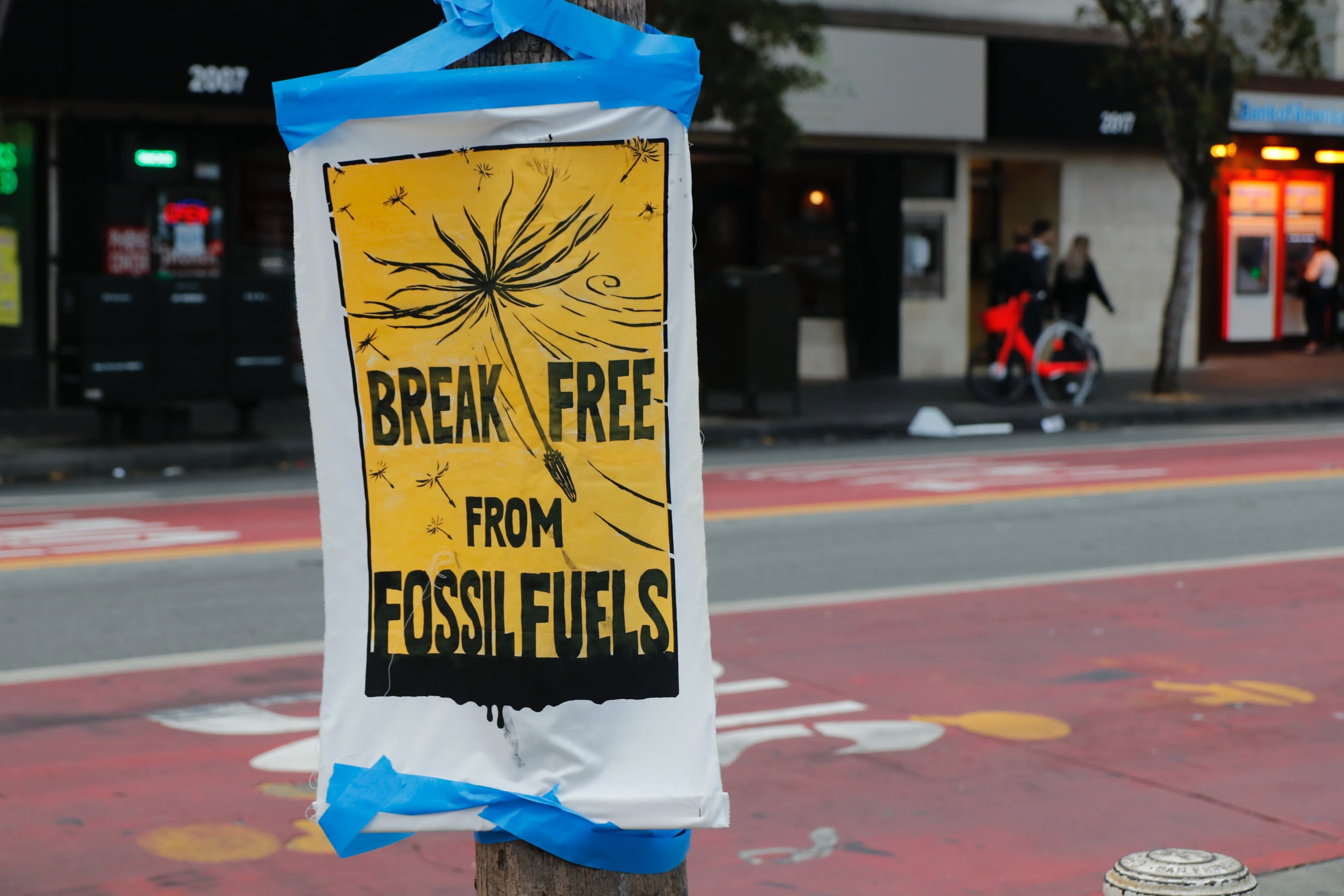
About the authors
Dr Steve Pye
Associate Professor of Energy Systems and Deputy Director, UCL Energy Institute
Steve has over 15 years’ research experience on energy and climate modelling and policy analysis. His research concerns the challenge of energy system decarbonisation, using different whole system energy modelling approaches, with a particular focus on scenario modelling of national and global low carbon pathways, uncertainty assessment, and the equity and health dimensions of energy transitions. Steve’s research track record is reflected in 60 peer review journal articles and numerous technical reports and papers.
Dr James Price
Principal Research Fellow, UCL Energy Institute
James has worked on energy systems analysis for 9 years. His research focuses on modelling the transition to a low carbon future across a range of scales from the UK and Europe to the full global picture. He has a particular interest in highly renewable energy systems as well as research around fossil fuel phase out, needed to achieve global and UK climate goals and to bolster energy security.
Learn more about the global energy transition
The UCL Energy Institute offers world-leading undergraduate, Master's and PhD degrees that prepare our students for careers in energy demand, and energy economics and policy.
Story produced by All Things Words
© UCL The Bartlett 2024



